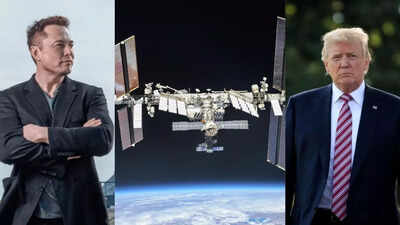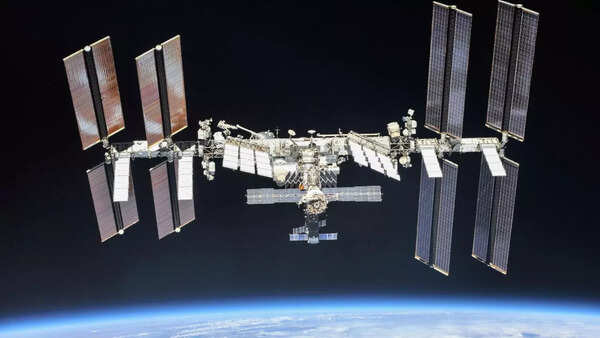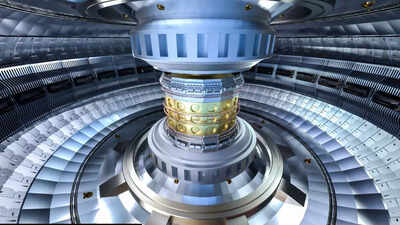Elon Musk wants International Space Station retired after Donald Trump’s Tax Bill allocates $1.25 billion, says: ‘It’s time to focus on Mars’ |

Elon Musk has once again drawn attention to his long-term vision for space exploration by calling for the retirement of the International Space Station (ISS). On July 3, 2025, the SpaceX CEO reposted a tweet outlining the space-related allocations in President Donald Trump’s latest tax bill, which included $1.25 billion for the ISS. Musk shared a pointed remark: “It’s time to retire the Space Station and focus on Mars.” The post quickly ignited debate online, with some supporting his forward-looking stance while others defended the ISS’s ongoing role in science and international cooperation. The bill also provides $325 million for a safe deorbit process by 2030, acknowledging that the station’s end is approaching.
Why Elon Musk wants to shut down the International Space Station
Musk has frequently criticized the ISS as an aging infrastructure that no longer justifies its high cost. In his view, the station’s limited capabilities and growing maintenance risks outweigh its scientific value. Many of the ISS’s modules are more than two decades old and were not designed to operate this long. Musk believes continued investment in the station diverts resources away from more ambitious goals, such as crewed missions to Mars. He has argued that Mars colonization is not just a dream but a necessary step for the survival of humanity, and funds should be directed toward that mission.

Aging infrastructure and deorbit plans already underway
NASA has acknowledged the ISS cannot remain in orbit indefinitely. Several key systems aboard the station are nearing the end of their functional lifespan. To address this, NASA awarded SpaceX an $843 million contract to develop a U.S. Deorbit Vehicle, which will guide the ISS back to Earth in a controlled descent around 2030. The tax bill’s $325 million allocation for deorbit operations reinforces that timeline. While Musk supports this transition, he suggests it should happen sooner rather than later to free up funding for next-generation missions.
Divided response to Musk’s Mars-first approach
Musk’s comments sparked a wave of reactions. Supporters argue that his focus on Mars is visionary and practical, given rapid advances in private space technology. They say the ISS has already delivered enormous value and it’s time to invest in the next phase of space exploration. However, critics warn that phasing out the ISS too early could hinder critical microgravity research, space medicine trials, and international partnerships that still rely on the platform. Many believe a gradual shift, rather than an abrupt cutoff, is the smarter path forward.





